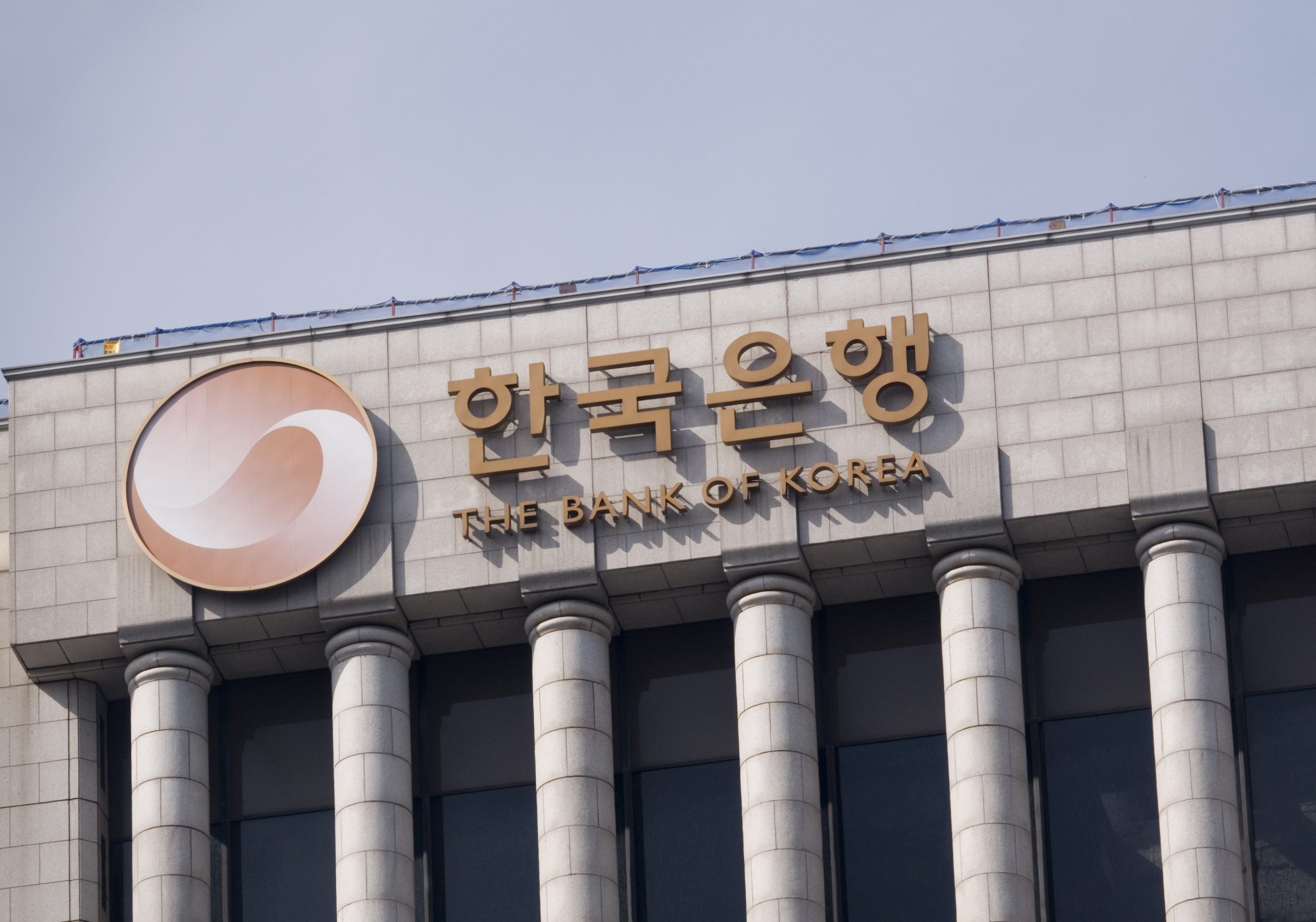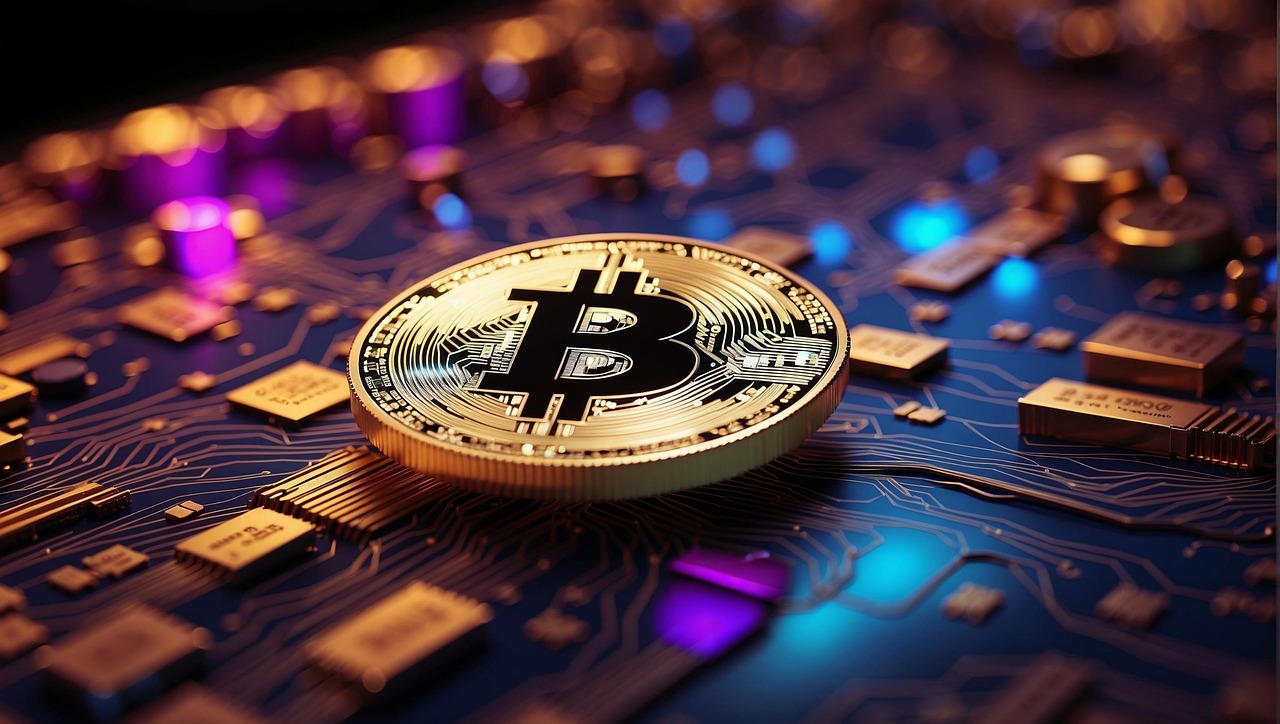As the global crypto industry races to reinvent money, stablecoins—digital tokens pegged to fiat currencies—are becoming a test of how far central banks will let the private sector into their domain. South Korea’s Bank of Korea (BOK), long known for its prudence, is now confronting this tension head-on. It sees opportunity in the technology but danger in its potential to destabilize the country’s tightly managed financial system.
A Balancing Act Between Innovation and Control
In June 2025, BOK Governor Rhee Chang-yong made headlines when he said he was “not against won-based stablecoins” but warned of the currency and capital risks they could pose. He argued that a digital won backed by commercial banks might help modernize payments but cautioned that private issuers could siphon liquidity from the traditional banking system. His concern was not abstract: the collapse of algorithmic stablecoins in 2022 still looms large in Korean regulatory memory. Rhee warned that if won-denominated stablecoins circulate widely without oversight, they could interfere with the central bank’s ability to manage capital flows and foreign exchange markets—an existential worry in a country with a tightly controlled won.
Banks, Not Startups, Should Lead
Deputy Governor Ryoo Sang-dai echoed the same sentiment days later. He described it as “desirable” for stablecoins to be introduced gradually, led by regulated banks rather than startups. His logic was simple: commercial banks already comply with stringent capital and anti-money-laundering rules, making them safer stewards of a potentially systemic innovation. Allowing tech firms or crypto exchanges to issue stablecoins directly, he argued, could blur the lines between payments and speculative finance—something the BOK views as dangerously premature.
The BIS Influence and Regulatory Philosophy
Shin Hyun-song, head of research at the Bank for International Settlements (and a frequent adviser to the BOK), reinforced that perspective at a Seoul conference in August. He argued that stablecoins, if allowed to proliferate without a safety net, could pose new forms of systemic risk and that central banks must act as the ultimate backstop. Shin’s remarks resonated with BOK officials, who increasingly see the need for a public-sector anchor—either through a central bank digital currency (CBDC) or through deposit tokens directly tied to the banking system.
The Domestic Politics of Digital Money
The political mood in Seoul is changing. The administration of President Lee Jae-myung has embraced the idea of a digital asset basic law, and lawmakers are preparing frameworks that could permit won-backed stablecoins under BOK supervision. Korea’s parliament, still bruised by memories of the Terra-Luna crash, wants guardrails before innovation. The BOK, for its part, insists on keeping the upper hand. Its officials talk about “coordination” with the financial regulator and the Ministry of Economy and Finance, but the subtext is unmistakable: the central bank intends to remain the ultimate gatekeeper of digital money.
Between the Dollar and the Digital Won
The geopolitical undertone is hard to miss. Korea’s economic policymakers worry that dollar-denominated stablecoins could draw domestic users into the U.S. financial orbit, weakening the won’s role in local commerce. By contrast, a BOK-approved stablecoin—or a CBDC—could reinforce monetary sovereignty. In that sense, the debate is less about crypto and more about who controls Korea’s future money supply.
The Cautious Experiment Continues
For now, the BOK’s message is consistent: stablecoins are not inherently bad, but their risks must be domesticated before they go mainstream. The institution’s cautious tone reflects a broader truth about Korea’s economic temperament—open to innovation but unwilling to let enthusiasm outrun control. In the global stablecoin race, Seoul is not sprinting; it is pacing itself deliberately, determined to make sure that when digital money comes, it does so on the central bank’s terms.



























Comment 0